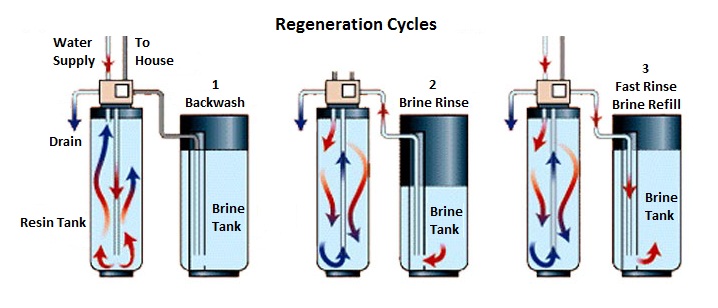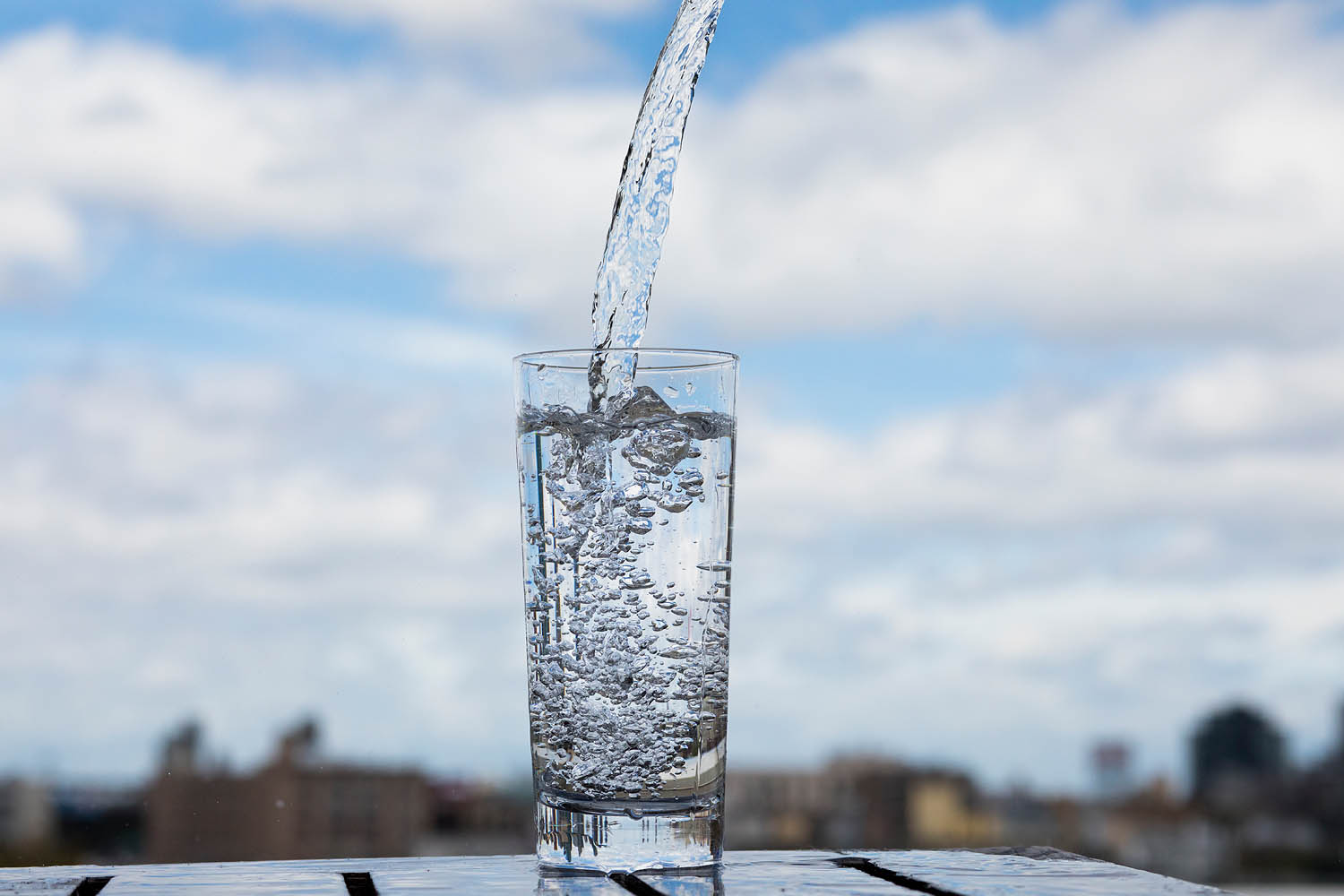Three Water Softener Systems Expertly Designed to Take on Local Water Conditions

SOFTENERMAX
The Softener Max System has been specially designed to last 5 times longer than big box store models. Further, unlike big box stores, Spring Rain is on call 24/7/365 to service our systems. Tailored to the water quality in the Phoenix, Arizona this system will handle the hardest of water.
Features:
Long Term Savings • Uses a clack metered valve which tracks water usage. The system then only regenerates based on your water consumption, helping to save salt and reduce costs.
Long Lasting • The system is built with a 14% macro porous resin that enables your water softener to resist the negative affects of the chlorine and chloramine found in the municipal water supply.
Water Conservation • Uses a Vortech structural tank to reduce backwash volume, saving water use.
Dependable • Includes a battery backup in the event of a power failure.
This system also features a brine grid, a built-in bypass, and your choice of brine tank size.

SOFTENERMAX+
The Softener Max+ includes all of the features of the Softener Max with one very valuable addition. The Vortech tank is upgraded to the Vortech Mid Plate tank for advanced filtration, detailed below.
Features:
Long Term Savings • Uses a clack metered valve which tracks water usage. The system then only regenerates based on your water consumption, helping to save salt and reduce costs.
Long Lasting • The system is built with a 14% macro porous resin that enables your water softener to resist the negative affects of the chlorine and chloramine found in the municipal water supply.
Water Conservation • Uses a Vortech Mid Plate tank to reduce backwash volume, saving water use.
Advanced Filtration • An addition to the Softener Max system, the Vortech Mid Plate tank constains two distinct chambers. The upper chamber is filled with catalytic carbon to remove chlorine, chloramine, heavy metals and over 80 chemicals and pharmaceuticals that may be in the municipal water supply.
Dependable • Includes a battery backup in the event of a power failure.
This system also features a brine grid, a built-in bypass, and your choice of brine tank size.

SOFTENERMAX & FILTERMAX
Features:
Long Term Savings • Uses a clack metered valve which tracks water usage. The system then only regenerates based on your water consumption, helping to save salt and reduce costs.
Long Lasting • The system is built with a 14% macro porous resin that enables your water softener to resist the negative affects of the chlorine and chloramine found in the municipal water supply.
Water Conservation • Uses a Vortech Mid Plate tank to reduce backwash volume, saving water use.
Maximum Filtration • A full 1.0 cu/ft Filtermax tank contains catalytic carbon to remove chlorine, chloramine, heavy metals and over 80 chemicals and pharmaceuticals that may be in the municipal water supply.
Dependable • Includes a battery backup in the event of a power failure.
This system also features a brine grid, a built-in bypass, and your choice of brine tank size.





